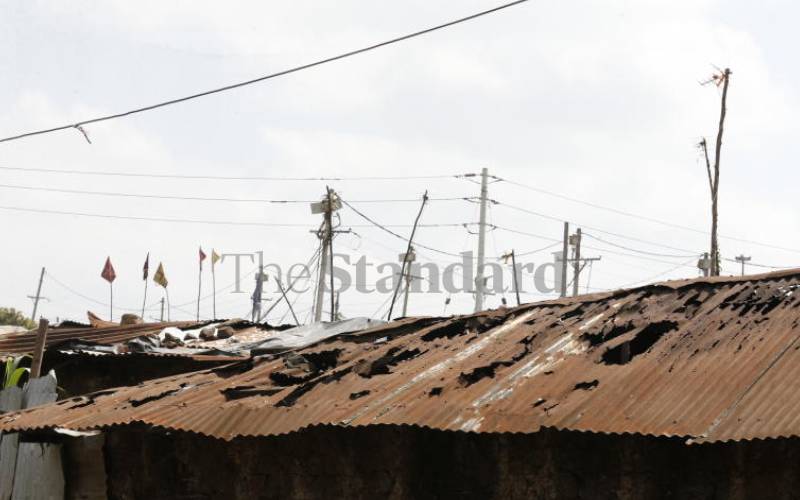×
The Standard e-Paper
Smart Minds Choose Us

Less than 0.1 per cent of the population own more wealth than the bottom 99.9 per cent. [Stafford Ondego, Standard]
The extreme inequality the country is facing despite having recorded impressive economic growth since 2005 has a historical root.